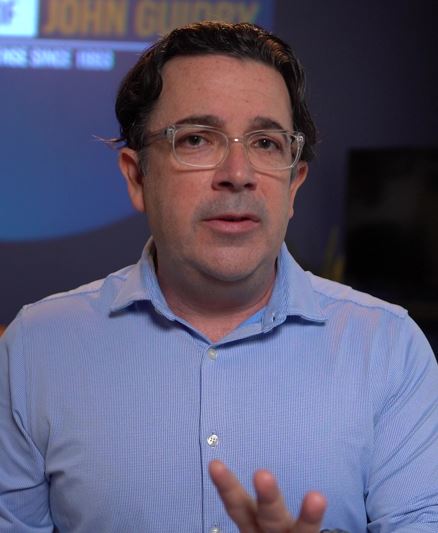Since 1993
Sealing vs. Expunging a Record in Florida: What’s the Real Difference?
By: John Guidry II
Many people use the terms “sealing” and “expunging” interchangeably when talking about clearing a criminal record in Florida. For 99% of people, the practical outcome is the same: the case is hidden from public view on background checks for jobs and housing.
However, there is a small but critical difference between the two. Depending on your career aspirations, this difference can be massive. My name is John Guidry, and I want to clarify what “sealing” and “expunging” truly mean.
Need to Clear Your Record in Orlando? Let’s determine if you qualify for a seal or an expungement and which path is right for your future. Call John Guidry: (407) 423-1117
Record Sealing: Hiding the File
When a judge orders a record to be sealed, the Clerk of Court is legally required to make the file confidential and unavailable to the public. Essentially, they take the physical file, place it in a sealed envelope, and hide it away. The record of your case is no longer a public record, but the file itself still exists.
Record Expunging: Destroying the File
When a judge orders a record to be expunged, the process is far more permanent. The Clerk of Court is ordered by law to physically destroy your record. They shred it, cross-shred it, and get rid of it forever. There is no file to hide because the file is gone.
When the Difference Matters Most: High-Security Careers & Licenses
So, if both options hide the record from public view, why does this distinction matter?
It matters because certain government agencies can get a court order to unseal a sealed record. If you apply for a job that requires a high-level security clearance or a professional license with a strict “character and fitness” review, this can come into play.
This is common for clients who are:
- Applying to The Florida Bar to become a lawyer.
- Seeking security clearance for jobs with the FBI, CIA, or Secret Service.
- Applying for other sensitive government or law enforcement positions.
If your record was sealed, an agency like The Florida Bar can get it unsealed and review the entire case file. However, if your record was expunged, there is no file for them to review. Even with a court order, they cannot see a file that has been destroyed. For this reason, an expungement offers a higher level of permanent privacy.
Do I Ever Have to Disclose It?
It’s important to know that even with a sealed or expunged record, Florida law requires you to disclose the case when applying for a small, specific list of jobs or licenses. For the vast majority of private employment, housing, and educational applications, you can legally deny the incident ever occurred.
Determining whether you qualify for a seal or an expungement, and which path is better for your long-term goals, is a critical decision. I have helped clients clear their records across Orange, Seminole, Osceola, Lake, Brevard, and Volusia counties for decades. If you are ready to secure your future, call my office.
Now that we have an automatic sealing law in Florida, you may question whether or not its even worth it to go all the way and expunge your case. I’ve done a video on this important question, check out “Do You Still Need to Expunge Your Case?“
About the Author

John Guidry II is a seasoned criminal defense attorney and founder of the Law Firm of John P. Guidry II, P.A., located in downtown Orlando next to the Orange County Courthouse, where he has practiced for over 30 years. With more than three decades of experience defending clients throughout Central Florida since 1993, Guidry has successfully defended thousands of cases in Orange, Seminole, Osceola, Brevard, Lake, and Volusia counties. He has built a reputation for his strategic approach to criminal defense, focusing on pretrial motions and case dismissals rather than jury trials.
Guidry earned both his Juris Doctorate and Master of Business Administration from St. Louis University in 1993. He is a member of the Florida Bar and the Florida Association of Criminal Defense Lawyers. His practice encompasses the full spectrum of Florida state criminal charges, with a particular emphasis on achieving favorable outcomes through thorough pretrial preparation and motion practice.
Beyond the courtroom, Guidry is a prolific legal educator who has authored over 400 articles on criminal defense topics. He shares his legal expertise through his popular YouTube channel, Instagram, and TikTok accounts, where he has built a substantial following of people eager to learn about the law. His educational content breaks down complex legal concepts into accessible information for the general public.
When not practicing law, Guidry enjoys tennis and pickleball, and loves to travel. Drawing from his background as a former recording studio owner and music video producer in the Orlando area, he brings a creative perspective to his legal practice and continues to apply his passion for video production to his educational content.








